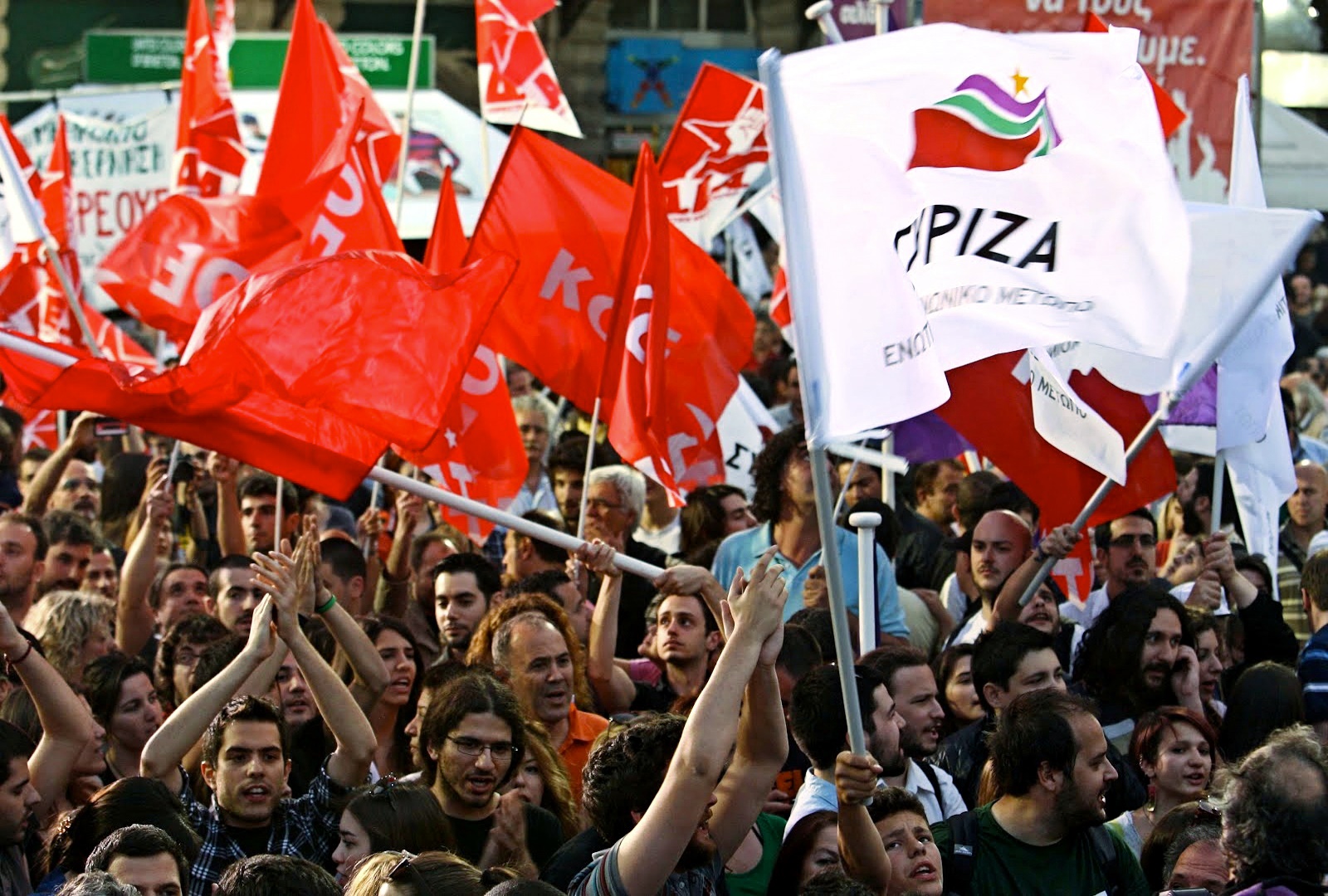Greece

The Treaty of Lausanne still casts a long shadow
John Tully — Sadly, the world has ignored the history of criminal abuse that followed the signing of the Treaty of Lausanne.

After the 2024 European elections: Rightward shift with slight headwinds
Cornelia Hildebrandt — The few successes cannot conceal the continued defensive posture of leftist parties in Europe and the existential crisis faced by individual parties.
Ten proposals to beat the European Union

By Eric Toussaint, Miguel Urbán Cre
Greece: vulture creditors jostling for their next feed


Rekindling Hope: SYRIZA's Challenges and Prospects






